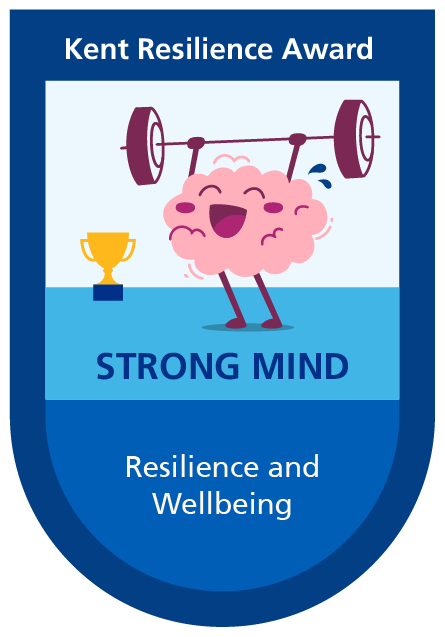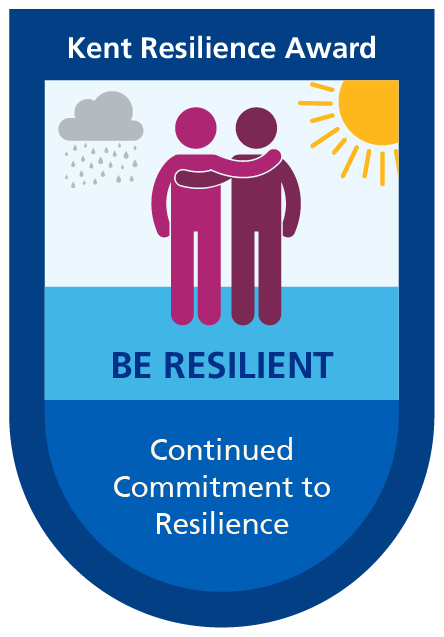Approaches to Reading
A strategic review of phonics in line with DFE guidance and our own monitoring has taken place and informed further developments to our phonics provision. The school has moved to Little Wandle Letters and Sounds Revised from the original Letters and Sounds scheme. Phonics is taught for a total of up to 30 minutes daily by the end of YrR and in both Yr1 classes. Once children pass the phonic screen there is a stronger emphasis on spelling and spelling patterns once they reach Yr2 but phonic sessions for some children may still be needed. We can also provide additional “Keep Up” phonic sessions for those children who require this.
In the early stages of reading we use a wide variety of phonically decodable books which are coded by colour and number. These books enable children to use their developing phonic knowledge to decode and gain confidence as readers. Once children reach the end of the Orange reading band, they can access our Accelerated Reader Scheme and then complete regular comprehension quizzes online. Staff will regularly assess your child’s decoding, fluency and reading comprehension skills and we strongly encourage all parents to support with reading at home.
We feel that it is also important that we provide children with the opportunity to read high quality fiction and non-fiction books so that they read for pleasure and information from an early age. We believe children will develop excellent reading and writing skills by being exposed to a rich range of literature by fabulous authors and illustrators. We therefore have a very good selection of books in each class and the library and a carefully considered school reading map.
Please see our Early Reading and Phonics Policy in the policy section of our website for more information.
Everybody-read-leaflet-for-parents.pdf (littlewandlelettersandsounds.org.uk)
Little Wandle Letters and Sounds - Resources for parents
Six Ways to Help Children Read
The link below demonstrates how we pronounce sounds in school.
Phonic Books – Sounds of the English Phonic Code










